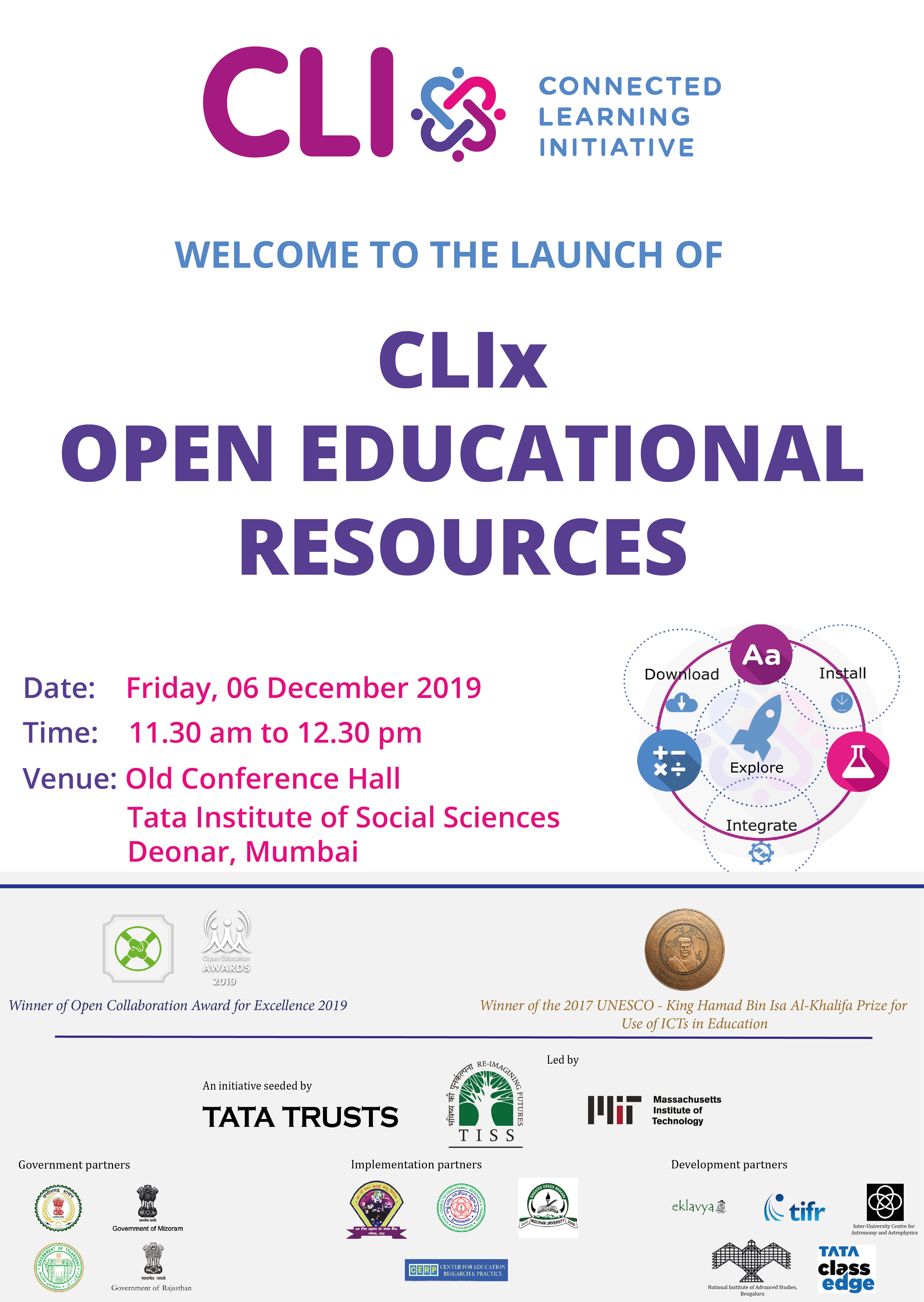Science Writing
When developing the science content, I had wondered whether students would understand what we were telling them in the modules. Was there a key to make sure each student learnt? These questions were on my mind when I went to the workshop. Sushil Joshi was mentoring and had already asked participants to answer one of a set of scientific inquiry questions.
The first thing one was to choose the right question, which must be of interest to us. Then we wrote what came to mind on that question, which we would edit later. After everyone finished writing, the questions were discussed. We shared our questions, experiences and suggestions. These enriched the discussion but did not lead to the right answer.
The point we learnt was not to write things that confuse or distract the reader. We must take into consideration the reader’s prior knowledge. Science writing should be interesting. To understand how others did this, Sushil recommended many books that are good examples of teaching science with fun so that it does not seem a burden.
After the discussion, we rewrote our answers. This time, we worked in teams and achieved better results than when working individually.
Sushil’s effective mentoring made it possible to do all this in a one-day workshop. He listened to everything everybody said and guided the discussion in the right direction to reach a conclusion. Even with all that was achieved, I think of the workshop as a starting point of learning science writing. We will learn a lot more and use it to share knowledge.
(Arpita Pandey, Research Associate, Science team, Eklavya, CLIx)




Nice blog